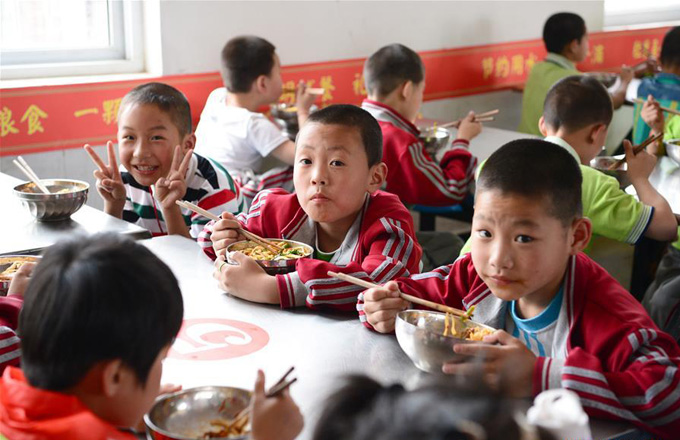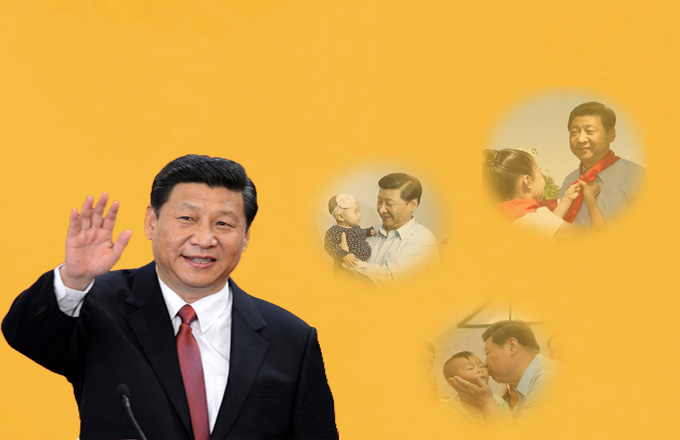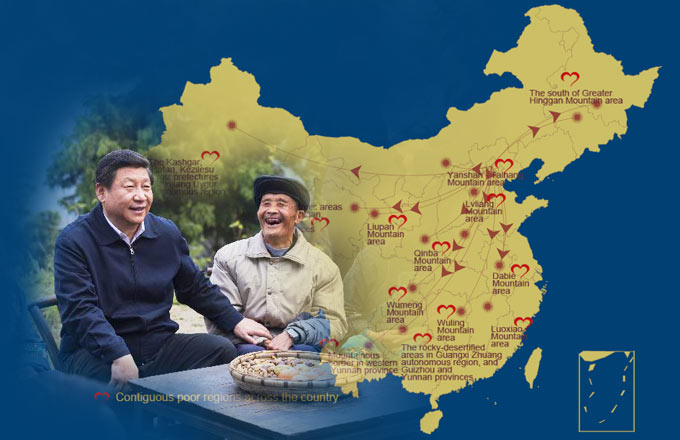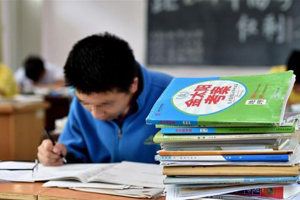College losing appeal as job market shrinks
The pressure is particularly high for rural families, many of whom are in debt after sending their children away to colleges.
Liaoning University graduate Xiao Xing said the average per capita income of farmers in his hometown is 8,000 yuan a year. "That's still not enough to cover my tuition and living expenses."
Xiao finished school on a low-interest government loan, but is still uncertain when he can pay off his debts. "When my classmates are planning to buy a home and get married, my priority is to find a job and repay my loan," he said.
According to Wang Weimin, Feng Sufei's principal at Bei'an High School, at least 12 percent of this year's graduates have quit the college entrance exam.
"The percentage is slightly higher than the previous two years, " he said, adding that the dropout rate has reached 30 percent in some countryside schools.
"I think students and parents are more realistic nowadays, knowing that college education is not the only way to employment," explained Wang.
The number of applicants to nationwide colleges and universities has kept falling for five consecutive years since 2009.
From 2009 to 2012, a total of 3 million senior high students dropped out of taking the test, about 10 percent of the four years' total senior high school graduates. Some urban students walked away in order to study abroad, but rural students often quit because they decided a college education was not cost-effective enough.
Disparity
Chu Zhaohui, a researcher with the China Institute of Education Sciences, pointed a finger at the uneven distribution of resources in China's urban and rural areas.
"In many countryside schools, one teacher teaches many subjects ranging from Chinese and mathematics to physics," he told Xinhua.
Rural students are still spoon-fed formulas and key points in order to prepare for college matriculation. Some of them have never seen a test tube or microscope for real. Many have never heard a native speaker speak English, learning the language simply by putting every single sound into Chinese.
"These students have fallen behind their city peers from the very beginning, and it's certainly harder for them to stand out in the national matriculation," said Chu.
A study by Peking University associate professor Liu Yunshan in 2011 indicated rural students account for just 10 percent of the university's freshmen.
The proportion was 30 percent between 1978 and 1998, indicated Liu's research.
The situation was only slightly better at Tsinghua University, another prestigious Beijing-based institution. A group of social science majors found in their 2011 research that 17 percent of students admitted to Tsinghua in 2010 were from the countryside.
Rural students who sat the 2010 college admission test, however, made up 62 percent of total candidates, they found.
Tsinghua University professor Jin Jun subsequently described a typical Tsinghua student as one who was "born in a big city to parents who work as a teacher or a government employee."




















